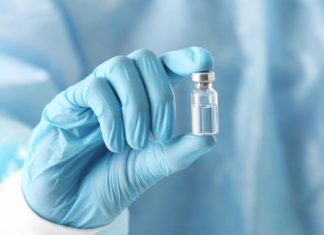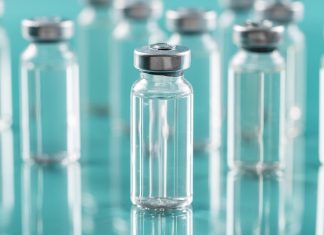In the first five months of 2022, the import of finished medicines to Russia amounted to 333.1 billion rubles (in prices that include the cost of customs clearance and VAT). The growth relative to the same period in 2021 was 7% for settlements made in the Russian currency. The volume of in-bulk deliveries since the beginning of this year has reached 70.4 billion rubles, which means a higher growth rate, at the level of 11.6% in rubles. The change in natural units for both product groups is negative: the import of finished medicines decreased by 10%, with 660 million packages delivered over five months. Shipments of non-packaged products have fallen by 31%, if calculated in minimum marketed doses (MMD): a total of 655.8 million MED was shipped to the country during the period, RNC Pharma reports.
In May 2022, the monetary volumes of shipments of finished medicines and in-bulk supplies showed a variety of trends compared to May 2021: the import of finished medicines increased by 17.7% in rubles, the supply of unpacked drugs decreased by 30%, however, the negative trend here is most likely due to the strong growth of shipments in April, when the long-term change in rubles was nearly 79%. However, the monetary volumes of deliveries within the analyzed period grew mainly due to the inflation, and supplies in natural units for both groups demonstrated similar decrease: finished medicines fell by 17% (in packages) compared to May 2021, and in-bulk shipments by 30% (in MMD). This pattern has persisted for two months.
The leader in terms of growth in natural units of finished medicines compared to January–May 2021 is Israel (a 12.3 times increase in packages), followed by Turkey (2.3 times growth). The first case mainly involves shipments of products made in Israel, while the second is more about transit, in particular, Indian manufacturers are supplying a lot of their products through Turkey. India is now actively looking for opportunities to establish supplies through third countries and is already supplying through Turkey, and increases its shipments through Finland, but these measures are not enough to compensate for the drop in direct shipments. In general, Indian suppliers of finished medicines experienced the strongest impact of the sanctions imposed on Russia, losing almost 2.5 billion rubles in the first five months of the year.
The highest growth among the largest suppliers of finished drugs in monetary terms in January–May 2022 was shown by Vertex Pharmaceuticals (37.8 times growth) and Biogen (5.1 times). In the first case, the maximum contribution to the growth was provided by the supply of cystic fibrosis therapies Trikafta and Orkambi, with the first one not registered in Russia yet. Biogen increased the import of its SMA drug Spinraza and Plegridy, a therapy for multiple sclerosis.
In the period from January to May, 2022, the highest growth among the top twenty in-bulk suppliers was demonstrated by Eli Lilly: shipments increased 2.6 times compared to the same period last year. Basically, the growth was due to Cyramza antitumor drug, which has the final stages of its production cycle implemented in Ufa, at Pharmstandart’s facilities. Astellas is also worthy of mention, with in-bulk shipments increased by 94% over the year. It shipped six product names, but the maximum contribution to the growth was made by Flemoxin solutab, which is packaged by Ortat (R-Pharm group).
RNC Pharma previously wrote that the crisis in the supply of pharmaceutical substances is over.




